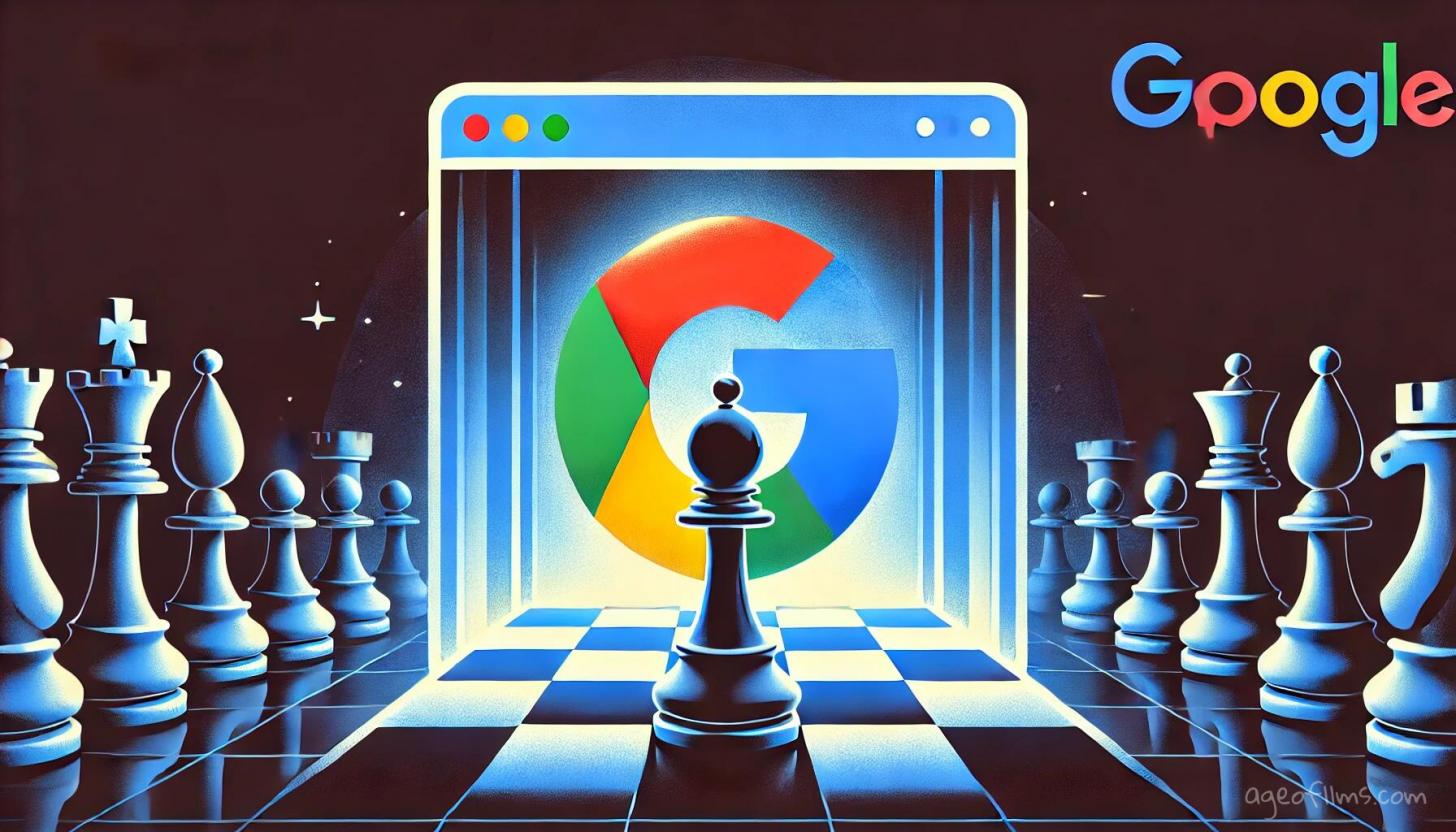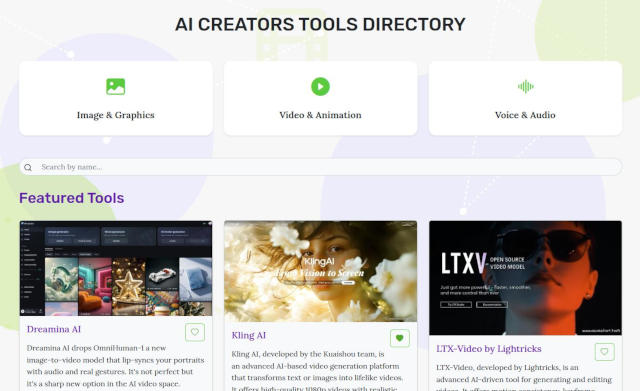OpenAI Takes on Google: Could a New Browser Change the Game?
The race for control in the tech world is heating up as OpenAI sets its sights on competing with Google—this time, not just with AI but by launching its own web browser. According to Reuters, this bold move could bring a big change to the browser market, which has long been led by Google’s Chrome. By hiring top developers from Google and pitching partnerships to major companies, OpenAI is raising the stakes. Let’s break down the effects of this move and what it might mean for the tech world.

OpenAI’s Game Plan: It’s About More Than Browsing
The rumored browser isn’t just for surfing the web—it’s part of a bigger strategy. Building on the popularity of ChatGPT’s search feature and its recent web search rollout, OpenAI plans to weave AI-powered natural language tools right into the browsing experience. Here’s how:
- Custom AI Tools for Websites: OpenAI is reportedly talking to companies like Redfin, Eventbrite, and Priceline about creating AI assistants for their sites. These assistants could answer questions or make tailored suggestions based on what’s available.
- Real-Time Web Searches: ChatGPT’s ability to search the web puts OpenAI in direct competition with Google’s main function: quick and accurate searches. By building this into its browser, OpenAI could change how people find information online.
- New Partnerships: OpenAI is exploring deals with Samsung to bring AI tools to hardware like headsets. This could challenge Google’s hold over the Android market.
This strategy shows OpenAI wants to be more than just an AI provider. By offering products directly to consumers, it’s aiming to create a Google-like network of essential tools across industries.
The Challenges: Privacy, Compatibility, and More
Even with the excitement, building a browser isn’t easy. Reports suggest OpenAI is already dealing with issues like data privacy, security, and making extensions work. These hurdles aren’t unique—companies like Microsoft and Mozilla have faced similar struggles. Still, OpenAI’s strong reputation and the public’s trust in its AI tools could help it win over users, even if the first version isn’t perfect.
The Perfect Time to Strike?
OpenAI’s timing couldn’t be better. Google is tied up in an antitrust case that could shake its business model. The U.S. Department of Justice (DOJ) has suggested rules that might force Google to cut certain deals, including its $2 billion investment in Anthropic, an AI rival. These changes could limit Google’s ability to control the way people search for information and give OpenAI room to grow.
Google, on the other hand, says these proposals are "extreme" and would slow innovation. The company argues they could hurt both small businesses and consumers. Whatever happens, the case will have serious effects on the competition in browsers and AI.
Why This Browser Battle Matters
Launching a new browser is a tough challenge, and plenty of companies have tried and failed. But OpenAI’s approach feels different. Its reputation for cutting-edge AI gives it a unique edge that could shake things up:
- Strong Branding: OpenAI’s name is already linked with AI innovation, which could attract curious users right away.
- New Experiences: By building AI right into browsing, OpenAI could offer personalized features most current browsers don’t.
- Opportunity Knocks: With Google distracted by legal troubles, OpenAI has a shot to position itself as the fresher, more innovative choice.
A Bold Gamble
OpenAI’s rumored browser isn’t just about competing with Chrome—it’s a step toward redefining how we use the internet. Combining AI assistants with real-time search could speed up the adoption of AI in everyday life and make OpenAI a top player in consumer tech. But with tough technical challenges and fierce competition, success isn’t guaranteed.
For now, the tech world is watching closely. Whether OpenAI’s browser becomes a game-changer or just another failed experiment remains to be seen. What’s clear is that the battle for AI leadership is far from over.
Published: Nov 23, 2024 at 7:08 PM


